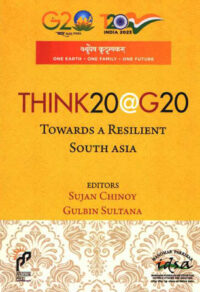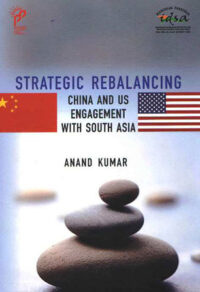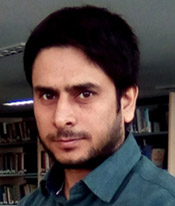Ifs and buts of Pakistan’s coming elections
With an expected fractured poll results, Pakistan is further heading towards uncertainty. The question is not so much as to who forms the next government but more importantly on how it functions. Chances are that the May 11 elections could well end up making Pakistan further ungovernable.
- Sushant Sareen
- May 09, 2013

















